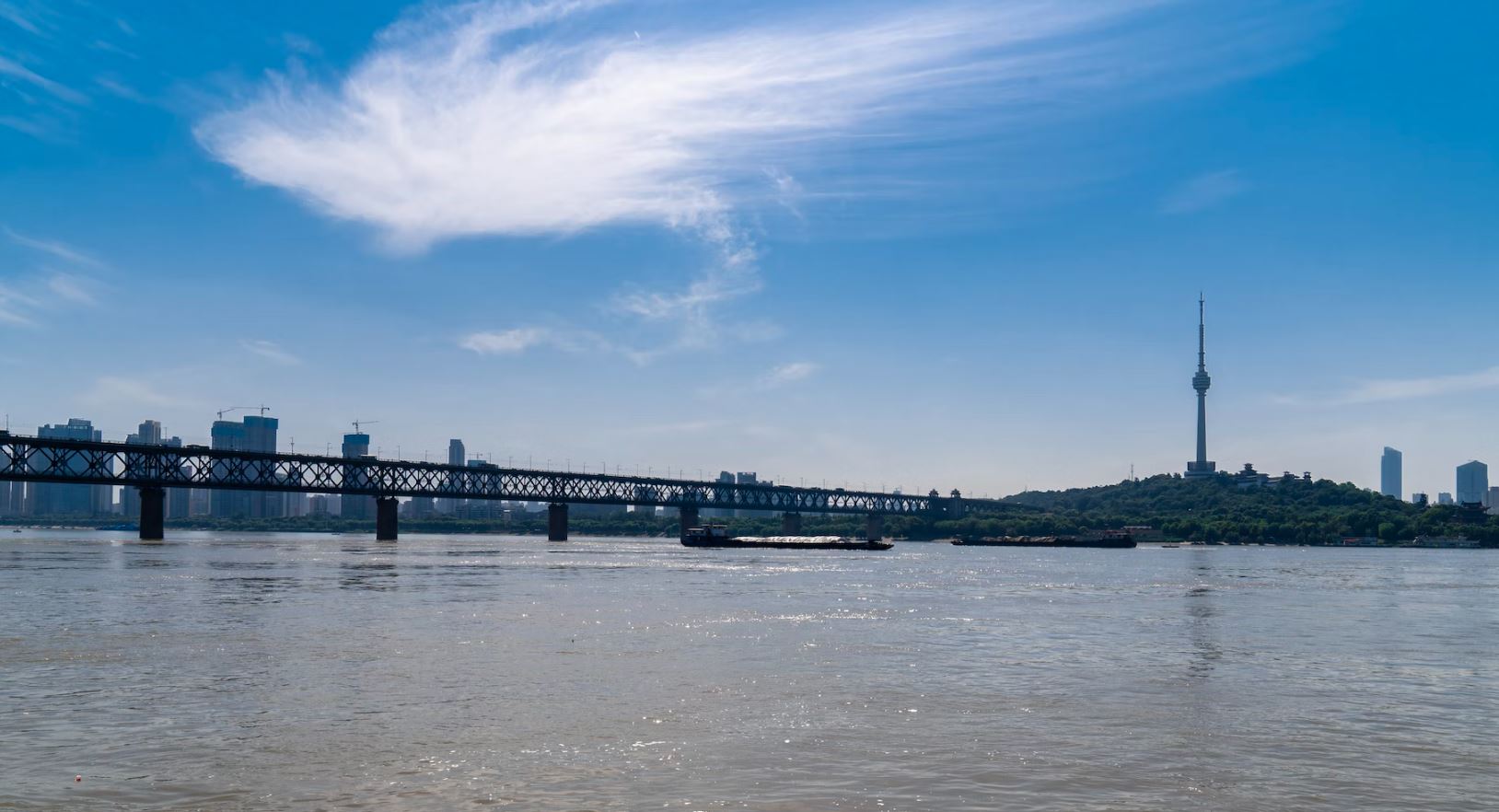China Employs Cloud Seeding to Replenish Rivers

Credit: Unsplash
Heat waves have caused severe drying in the Yangtze River.
China, much like just about every major country in the world, is currently in the midst of an unprecedented, record-breaking heatwave. As of this past Monday, the heatwave has lasted over two months, the longest sustained heatwave China has ever experienced, and it is not currently projected to drop in severity any time soon.
“The heat wave this time is prolonged, wide in scope, and strong in extremity,” said a statement from the country’s Meteorological Administration. “Taken all signs together, the heat wave in China will continue and its intensity will increase.”
A notable side effect of the intense heat has been a drying of major water sources such as the Yangtze River. Many heavily populated areas of the country, especially rural areas, rely on the Yangtze for drinking and utility water, but according to the country’s Ministry of Water Resources, drought from the heatwave is “adversely affecting drinking water security of rural people and livestock, and the growth of crops.”
80% of electricity comes from hydropower in Sichuan China. Extreme heat & drought dropped river levels dramatically, reducing power when people want it most for air conditioning. Authorities ordered power cuts to factories & cloud-seeding to make rain https://t.co/LJlqpjgbQs
— Alice Hill (@Alice_C_Hill) August 17, 2022
To remedy this situation, Beijing has authorized procedures to try and restore the water level and maintain it until the heatwave passes. Chief among these procedures is cloud seeding, a technique wherein small, cigarette-sized rods of silver iodide are launched into thick clouds. These rods promote the formation of ice crystals within the clouds, which in turn leads to rainfall. This is a common tactic used all over the world in times of drought, though China possesses the largest cloud-seeding program of all first-world countries.
Several providences around China have begun cloud seeding, though in several, where the heat is especially intense, the cloud cover is too thin to support the process, forcing them to wait for better conditions.









